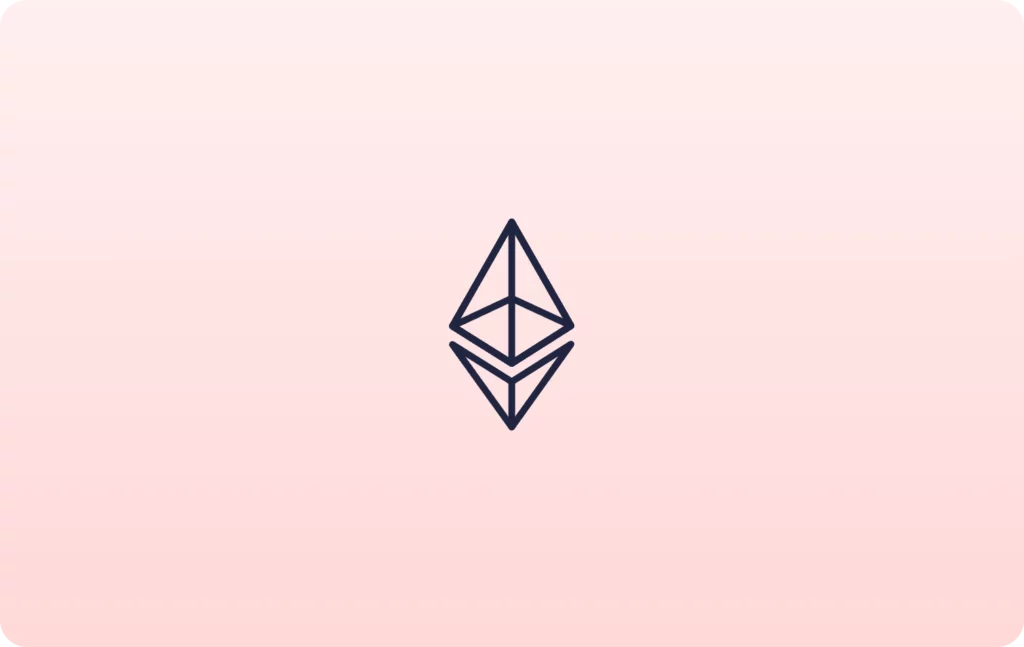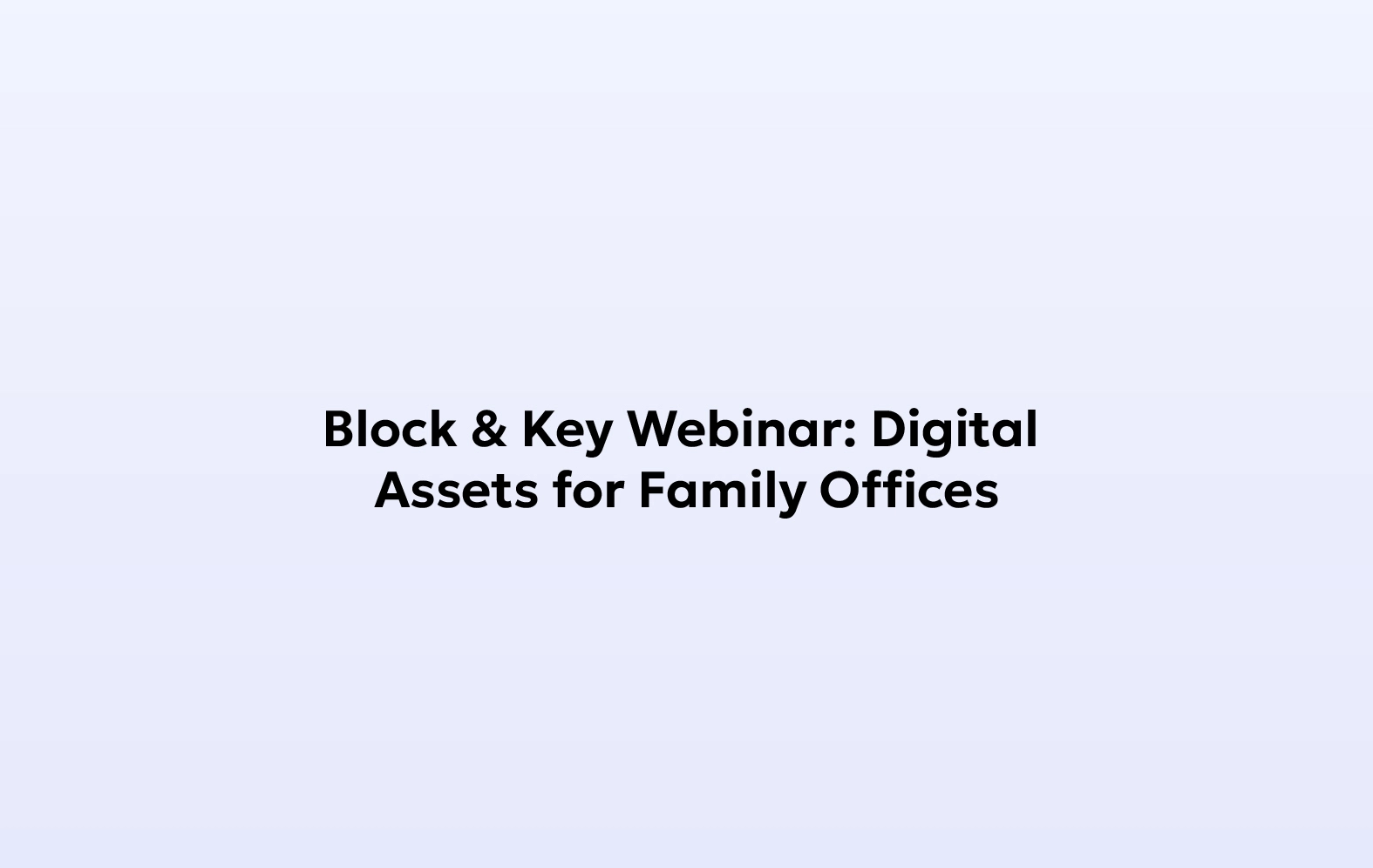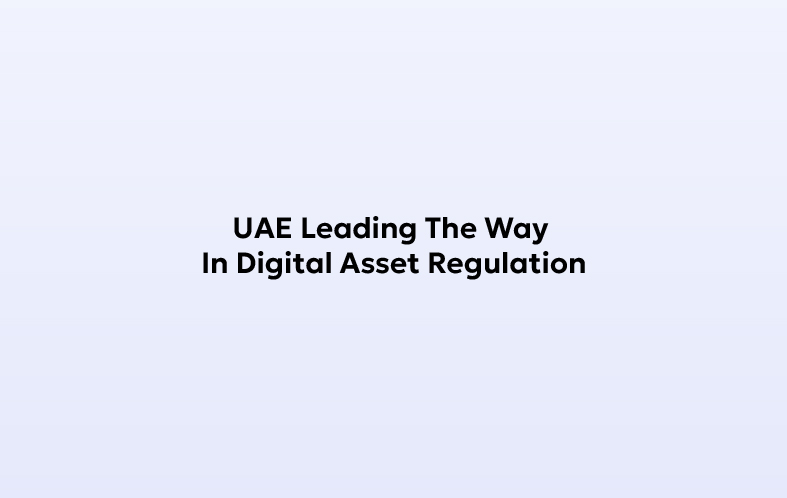All kinds of blockchain-based applications, such as Ethereum-based Defi, Dapps, Blockchain games, NFTs, and cryptocurrencies, require you to have an Eth wallet account. You might be wondering what an eth wallet is and how it works. The following section takes a deep dive into the topic.
Key takeaway:
- The Eth wallet is built to help you interact with your crypto-wallet account. Your wallet account let you view your crypto balance, execute transactions, and interact with crypto applications.
- The Eth wallet allows you to trade crypto-assets such as altcoins, security tokens, and non-fungible tokens (NFTs) and participate in a wide range of crypto-projects/services such as yield farming, DAO, derivatives, borrowing-lending, web3.0 marketplaces.
Definition: What is an eth wallet?
The Eth wallet is a software application that offers access to your digital crypto-funds and EVM-based decentralized application. It helps ensure that only you can access your crypto wallet and holdings. On many levels, the eth wallet functions just like your regular internet banking application but without the involvement of any financial institutions. Wallets are essential for each and every crypto-user who wants to send funds and manage your crypto-tokens.
There are Eth wallets with hardware support. Eth Wallets with hardware support, such as Liminal Trezor and Ledger wallets, are shipped with state-of-the-art security, simplicity, and multicurrency support. Such wallets are also referred to as cold storage wallets. These wallets are non-custodial. Multi-currency cold storage wallets are end-to-end encrypted physical devices that enable you to store your Ethereum asset (all forms) offline. The assets held in the cold Eth wallet are miles away from evolving cyber-threats emerging from being constantly connected to the internet – because all your purchases are stored offline.
What is an Ethereum Account?
Eth wallet accounts essentially record the balance of Eth. After recording, the Eth wallet broadcasts crypto transactions over the Ethereum main chain. All the Eth wallet accounts are solely managed and controlled by you. In fact, you can also automate the transaction by employing smart contracts. In sum, there are only two types of Eth wallet accounts: One that is controlled using private keys by the user. Another one, that is controlled by the smart contract developed and deployed on the main chain. With smart contracts, an entire wallet is controlled and managed by autonomous code.
What is an Ethereum Address?
Externally owned addresses and smart contract addresses are the main types of Ethereum addresses. Public and private key-pair is part of the externally owned address, which is used to hold funds and digital assets securely. Ethereum Address is composed of unique public key identifiers that help distinctively identify Ethereum-compatible crypto-wallet. These addresses enable your wallet to send or store Eth and ERC20 tokens. Ethereum addresses constitute a prefix of “0x”. “0x” is the standard for hexadecimal. With the initials “0x”, the address also consists of 20 bytes of the Keccak-256 hash of the ECDSA public key. These are addressed by both individual/ institutional holders and smart contracts.
Different types of Eth Wallet:
Eth Wallets come in a wide range of user interfaces. The security aspect of the wallet differs based type of wallet you opt for.
01 Hardware wallet:
You get a separate physical device to store your digital asset securely. It is considered very secure because everything is stored offline. With hardware wallets, you also get software wallet support.
02 Mobile wallet:
Mobile wallets are available on every smartphone operating system – Android and IOS. It is developed to make your crypto assets accessible from anywhere.
03 Browser-based wallet:
There are two major types of browser-based wallets – browser extension wallets and browser web wallets. The browser extension wallets are designed to communicate with decentralized applications via the browser. On the other hand, there are web applications that only run on top of browsers. Using web apps, you can access your funds and transact over the internet.
04 Desktop wallet:
Numerous wallets allow you to download your wallets on your desktop. Using your desktop applications, you can manage your funds and commit transactions. Most Eth wallets are supported on a wide range of operating systems such as MacOS, Windows, or Linux.
Experts take – Upsides and Downsides of Eth Wallets.
The Eth wallets can further be categorized into multiple groups based on their associated pros and cons.
01 Hardware wallet:
- Upside: Built with a high degree of security. You get both safety and ease of use. Hardware wallets are non-custodial.
- Downside: Relatively costly when compared to other types of crypto-wallets. It might cost around $100.
02 Mobile wallet:
- Upside: It is best for transacting crypto-currencies using smart phone devices. Mobile wallets are best suited for storing a smaller amount of crypto funds.
- Downside: From a security standpoint, mobile wallets are not very secure. They are custodial.
03 Browser-based wallet:
- Upside: Crypto assets can be accessed using both mobile and desktop browsers. You can easily and quickly step up your wallet.
- Downside: It is not ideal for significant funds. It is not secure. You can lose your crypto-asset in case of a serious hack.
04 Desktop wallet:
- Upside: Convenient for crypto-users. Access your funds on your desktop.
- Downside: Vulnerable to attacks. But it is relatively more secure than browser-based web wallets.
05 Paper wallet:
- Upside: Paper wallets provide top-notch security. You can have multiple physical copies stored across various locations.
- Downside: Physical damage is the most considerable risk to the paper wallet. Error caused due to wrong print, fire damage, and water damage can lead to loss of funds.
Hot and Cold Eth Wallet:
Every crypto-wallet can be categorized into two primary forms – Hot and Cold. If you store all your crypto-tokens on a device that is always connected to the internet, then such a wallet will be termed a Hot wallet. Usually, such devices constitute of desktop PC or Mac or a smartphone. If you store all your crypto-tokens on a device that is not always connected to the internet, then such a device can be termed a Cold wallet. With cold wallets, you hold your private keys offline, whereas with hot wallets, your private keys are stored with the custodial platform. The biggest risk posed to your wallet is malware. Malware is a kind of software that is developed to severely damage your computing device and gain unauthorized access to your keys. Because of the serious security threats, a cold wallet is recommended over a hot wallet. A cold wallet is safer and more reliable. You can store your savings using cold wallets.
Setting Up Eth Wallet
Ways of setting up your Eth wallet may differ based on the wallet service provider. Usually, most non-custodial Eth wallets follow standard wallet-create procedures.
- 01 Install Eth Wallet: According to every expert, you must always download your Eth wallet from the official website using your favorite browser.
- 02 Generate a wallet: To create a wallet, you just need to accept all the requirements. Without sharing too much information, you can generate your wallet.
- 03 Create a password for the wallet: Next, you have to create a custom password. Passwords are required to be long and unique and must contain alphanumeric characters.
- 04 Note down the seed phrase: The wallet will generate a 12-word mnemonic code, a backup seed phrase; it is also known as a secret backup phrase. Try to note it down on paper to keep it safe.
- 05 Add Eth to your wallet: Connect your wallet to an exchange to purchase Eth tokens.
Conclusion
The type of crypto-wallet you opt for depends on your usage requirement for Eth tokens. There are different types of Eth wallets available for a varied range of users – that are built to serve various purposes. With Eth wallets, you don’t have to figure out how to configure and set up a crypto-wallet manually. The Eth wallet handles the details enabling you to focus on your core crypto-operations.






